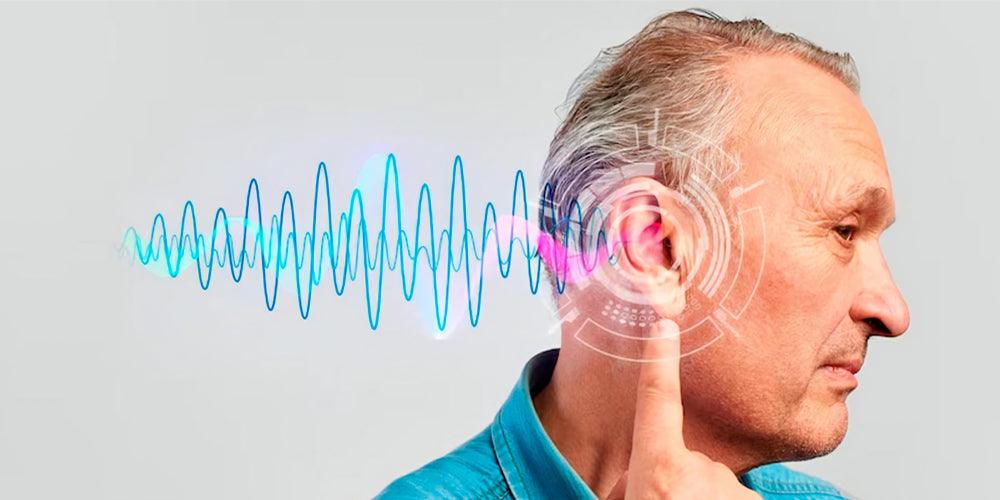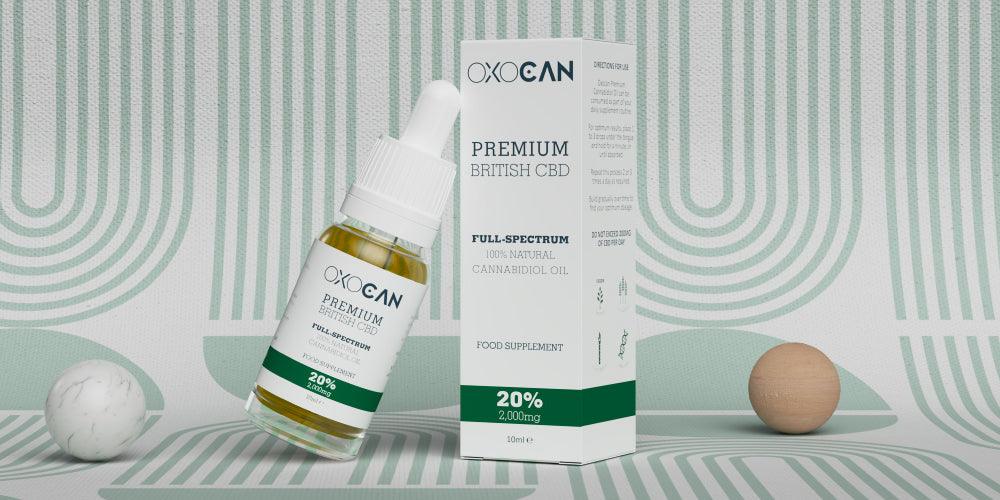
Tinnitus, Symptoms, Causes, and Emerging Treatments with CBD
Understanding Tinnitus: Symptoms, Causes, and Emerging Treatments with CBD
Tinnitus, often characterised by hearing noises such as ringing, buzzing, or humming without external sounds, affects millions globally. This condition disrupts daily life and can deeply impact mental well-being. Although traditional treatments offer relief to some, others continue to seek alternatives, including the increasingly popular cannabidiol (CBD). This comprehensive guide explores what tinnitus is, its causes, and current treatments, and delves into the potential of CBD as a novel therapeutic option.
Causes of Tinnitus
Various factors can cause tinnitus, ranging from age-related hearing loss and exposure to loud noises to underlying medical conditions like hypertension and diabetes. Additionally, ototoxic medications, which damage the inner ear, and ear infections also contribute. In many cases, the exact cause remains elusive, complicating treatment options.
Types of Tinnitus
Most tinnitus is subjective, meaning only the sufferer can hear the sounds. However, objective tinnitus, though rare, involves noises that even a doctor can detect during an examination. This type is often linked to vascular or muscular disorders.
Diagnosis Process
Diagnosing tinnitus involves a detailed medical history, physical examination, and hearing tests conducted by healthcare professionals. Moreover, advanced imaging techniques such as MRI or CT scans may be used to rule out physiological causes.
Current Treatments for Tinnitus
While there is no cure for tinnitus, treatments such as hearing aids and sound therapy can help manage symptoms. Additionally, medications like antidepressants and antianxiety drugs are sometimes prescribed to alleviate the distress associated with tinnitus, though they do not cure the condition itself.
Behavioural and Cognitive Therapies
Cognitive-behavioural therapy (CBT) has proven effective in helping individuals manage their psychological responses to tinnitus. By altering the perception of tinnitus, CBT can reduce stress and improve quality of life.
Lifestyle Changes and Home Remedies
Furthermore, lifestyle adjustments, including better sleep hygiene, stress management, and avoidance of loud noises, can significantly mitigate the intensity of tinnitus symptoms.
What is CBD?
CBD, a non-psychoactive compound derived from the cannabis plant, is reputed for its therapeutic properties, which include anti-inflammatory and anxiolytic effects. Unlike THC, CBD does not induce a high, making it an appealing option for those seeking relief without psychoactive effects. For instance, Oxocan offers a range of organic and safe CBD products.
Legal and Safety Considerations
The legal status of CBD varies by location. While generally considered safe, it can interact with other medications. Therefore, it is crucial to consult healthcare providers before starting CBD, especially for individuals with chronic health issues.
Studies Supporting CBD
Some research suggests that CBD can help manage anxiety and insomnia associated with tinnitus. Although these studies do not directly address tinnitus symptoms, relieving these associated conditions can improve the overall quality of life for sufferers.
Analysis of Research
The current body of research on CBD and tinnitus is inconclusive and sometimes contradictory. This underscores the complexity of tinnitus as a condition and the need for more comprehensive studies.
Patient Perspectives
Anecdotal evidence from individuals who have tried CBD for tinnitus provides a spectrum of outcomes. Some report mild relief in associated symptoms like stress, while others notice no change or worsening symptoms.
Medical Professionals' Views
ENT specialists and audiologists remain cautious, advocating for more robust clinical trials to establish clearer guidelines on the use of CBD for tinnitus.
Research Advocates
There is a growing call within the scientific community for deeper investigation into how CBD might alleviate tinnitus, driven by its potential to modulate neurological pathways.
Tinnitus is a complex and highly individual condition with no one-size-fits-all solution. CBD presents a promising but not fully understood potential treatment, warranting cautious exploration. For those considering CBD for tinnitus, a discussion with a healthcare provider is essential. Balancing potential benefits against risks and maintaining informed optimism is crucial as research continues to evolve.


